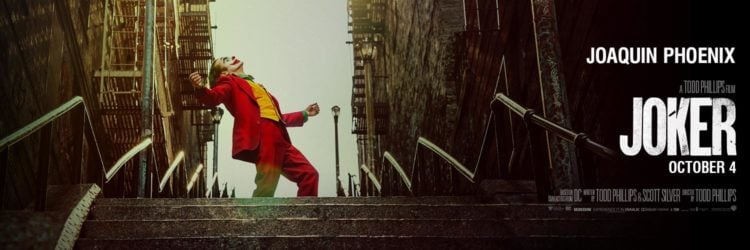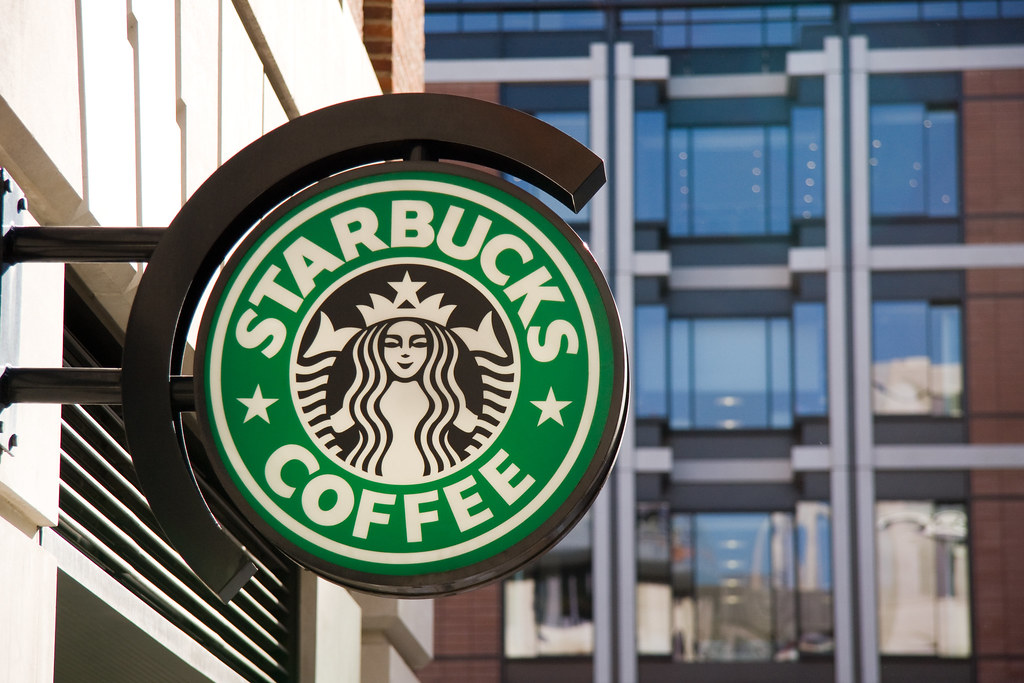Following the October 4 premiere of “Joker,” critics have commented on the way that the movie deals with violence, mental health, and civil disobedience.
“Joker” follows the story of a mentally ill man named Arthur Fleck (Joaquin Phoenix) who falls into social isolation and begins killing people after getting assaulted by three men on a subway car.
“I’ve heard that critics think that it might cause violence or it sends a bad message and I don’t agree,” Woodside senior Ronan Morrill said. “I think at the end of the day, it’s art, and if someone is doing violent actions based on a movie, then that is not necessarily a problem with the movie. That’s a problem of their mental health and maybe society’s mental health, which the movie is a critique of.”
One important aspect the movie touches on is public healthcare, as the Joker receives counseling for his mental health issues.
“I noticed in the movie how the failure of the healthcare system to provide him his medication is part of what causes him to become violent,” Morrill explained. “Also just how different factors like poverty, abusive childhoods, and lack of health care can combine to create a crisis.”
The failure of the healthcare system in the movie connects to current health budget changes. According to Mental Health America, Trump’s Fiscal Budget for 2019 requests $68.4 billion for the Department of Health and Human Services, a 21% decrease from the 2017 enacted level.
“I think it’s important to realize that these are actually problems that are affecting people and the fact that he mentions that basically what tipped him over the edge is that they cut his resource help at the counseling center,” said Jesse Manzo, economics and government teacher. “I think that’s important to acknowledge, because that actually happened when we started lowering down taxes… there weren’t enough resources.”
The movie was heavily violent and pictured Joker killing many people.
“It definitely was [violent], like the scenes that they portrayed weren’t really censored at all,” senior Ethan Mooney said. “I think the fact that he mentally seems happier and healthier when he… starts being violent [is a way] I could see why it could be seen as a little glorified. When he snaps and becomes violent, it seems like its natural for him, which could be seen as controversial, because it’s almost like it was a positive thing for him to do that.”
As for the movie’s content, most agreed that the way the movie dealt with societal issues such as healthcare, mental health, and class inequality was harsh but necessary.
“I think people need to realize that it’s a comic, and they need to be able to separate that. I think the real issue is that people are walking on eggshells because they know that the real dangers lie within,” Manzo expressed. “Like the gun legislation and the mental health care system that we have here in America. I think that makes them uneasy.”
“Joker” comments on issues such as class inequality and gun control, which has prompted critics to mention fears of social uprisings and people who might be influenced by the movie’s violence.
“I also think it’s important to acknowledge that if people really have a problem they probably have a problem with the reality of that fact that they realize that this is an issue,” Manzo said. “But it’s easier to just blame the movie than to find a solution for it.”









